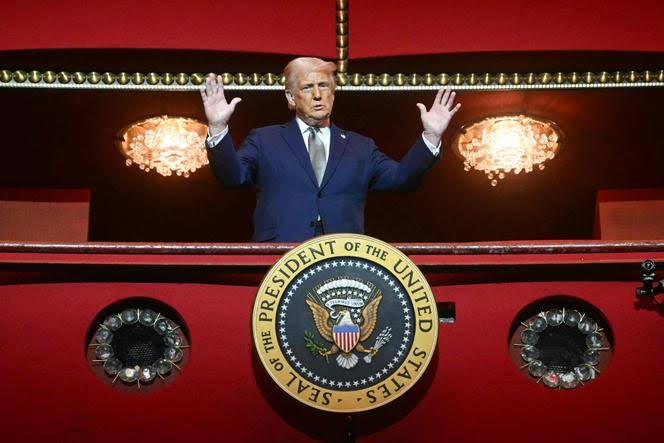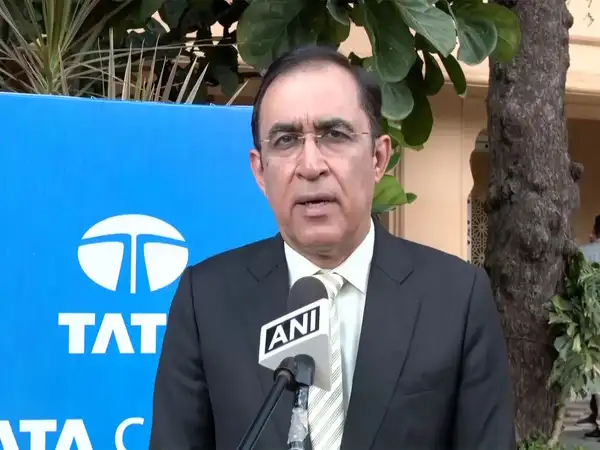In a provocative and contentious gesture, the United States has indicated it will undertake what many have called a "new era of imperialism." The move comes during heightened global tensions and greater competition for economic and geopolitical primacy. The second-term Trump presidency has explicitly laid out its intentions to project greater U.S. power through a mix of economic, military, and political instruments—classic imperialist policy repurposed for the contemporary international system.
A New Vision of Expansion
President Donald Trump, in his latest speech, invoked the term manifest destiny, a term that is historically linked with 19th-century American expansionism. Such rhetoric invokes a renewed emphasis on extending American supremacy to areas of global strategic concern. Among the more sensational proposals are the proposals to annex countries like Greenland and Canada and further intervention in the Middle East and Latin America. Such proposals have been presented as necessary to protect America's economic interests and achieve global stability.
The policy of the administration appears to include a revival of the Monroe Doctrine, considering the Western Hemisphere a sphere of exclusive U.S. influence. Trump's rhetoric has centered on America having to "reassert its rightful place" as world leader, if need be by disregarding international law or eliciting retaliatory diplomatic recriminations.
Economic Imperialism in Action
Besides geographical expansion, this new phase of U.S. imperialism is heavily motivated by economic policy. The administration has doubled down on bets for extending U.S. influence across the world in the form of trade agreements, foreign investment, and business partnerships. Critics claim that these steps have a tendency to be at the cost of local economies and sovereignty in the targeted countries.
A good example is Puerto Rico, where federal legislation such as Act 60 has made the island a playground for rich investors in the name of "development." Developments such as Esencia—a $2 billion luxury development—demonstrate how U.S.-supported projects serve the interests of profits for the elites at the expense of displacing the indigenous people and ignoring environmental issues. What is being done there is being done elsewhere where U.S. corporations are increasing their presence under government-supported initiatives.
Military Presence and Strategic Alliances
The U.S. military continues to be the hub of this imperialist enterprise. With over 800 military bases worldwide, the United States enjoys a record-breaking global presence. Current trends indicate further network concentration, particularly in the Pacific and Eastern Europe, where tensions with China and Russia are at an all-time high.
This policy is an extension of the Cold War precedents in which the United States became a global hegemon by means of alliances and military intervention. However, critics caution that this belligerent policy will be bound to instigate war more than deter war.
Domestic and International Responses
Domestically, there is polarized public sentiment regarding these expansionist policies. There are Americans who welcome such policies that promise economic growth and national security, and others who see them as irresponsible extravagance that will bring about unnecessary wars and erode democratic values.
Around the world, the responses have been along the same lines. Allies are concerned about indiscriminate measures that would upset world order, and competitors criticize America as hypocritical and neocolonialist. The developing nations are apprehensive about being pawns in a giant geopolitical game where they stand to lose their sovereignty and resources.
The Wider Significance
As this new age of American imperialism sets in, it poses critical questions about the future of global politics and international relations. Will these policies cement America's status as a superpower or create more resistance and instability? And how will these moves affect vulnerable communities trapped in the crossfire of economic exploitation and military forays? One thing is certain: this change is a historic turning point in American foreign policy—one that will shape not only America's role in the world but the lives of hundreds of millions of individuals around the world.
Source: The Times of India





